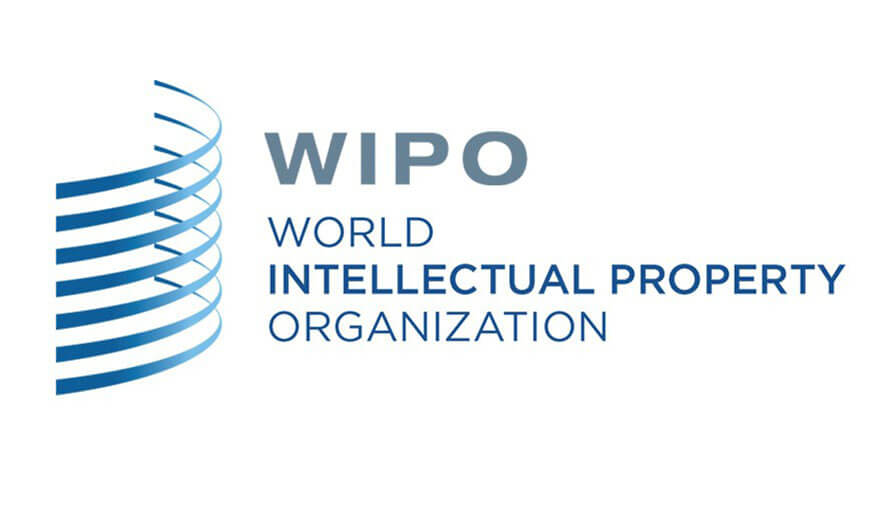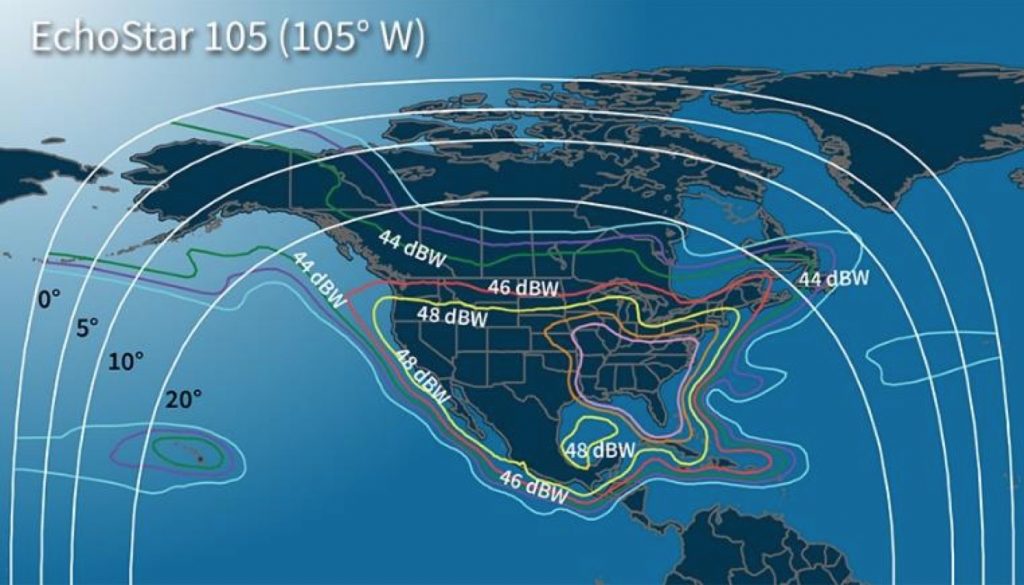 The World Intellectual Property Organization study finds that inconsistent availability and high costs for programming from legal sources, coupled with the demand for film and TV content from unlicensed sources, drives piracy in the Caribbean region.
The World Intellectual Property Organization study finds that inconsistent availability and high costs for programming from legal sources, coupled with the demand for film and TV content from unlicensed sources, drives piracy in the Caribbean region.
While the most popular video programming in any given country is in the language of that country, the availability of English language content has improved in recent years. Because SVOD and pay TV services are not affordable to many Caribbean residents, such services taken by their US-resident relatives and made available to them through password sharing.
As the map below illustrates, pay TV programming intended for US mainland consumption that’s distributed over satellite can be picked up outside of its intended reception area due to overspill, and is redistributed to local Caribbean residents.

Takedown enforcement against such distributors is inconsistent because some believe that pirates would simply steal services made available through legitimate channels in local Caribbean markets.
Legal pay TV programming is in fact available from the Caribbean Cable Cooperative, but some distributors also consider it to be prohibitively expensive and don’t want to shoulder certain obligations relating to foreign re-use of the content.
Homegrown Caribbean TV content is also scarce because production and distribution are costly and user-generated programming delivered online has large followings.

Cultural aspect to piracy
Piracy is also being driven by a cultural element. Quoting from the summary, ‘(there is) a large assortment of licensed content from high street satellite or cable operators. However, frustration is vehemently expressed regarding the prominence of Spanish language (in advertising, forward programming information, interstitials, subtitling) in content licensed to the Caribbean region’s English-speaking territories. Those packages offend English-speaking Caribbeans as visibly not tailored for them, a sort of a best effort to satisfy local demand – this applies to pay-TV packages, too.’
The report carries the disclaimer that due to the lack of consistent hard data for that region, the research relies on anecdotal reports by intellectual property offices, regulators and commercial sources. The report also cites MUSO a data source.
Download the study: Copyright Infringement and the Availability of Licensed Audiovisual Content in the English-speaking Caribbean
Why it matters
Piracy is considered both commonplace and ‘normal,’ and will be ‘very difficult to eradicate,’ due to the multiple circumstances driving piracy.
WIPO notes that Caribbean countries rank high for TV streaming domain visits per internet user – Barbados was the second highest in the world, followed by the Virgin Islands (6th), Trinidad and Tobago (13th) and the Bahamas (15th).












